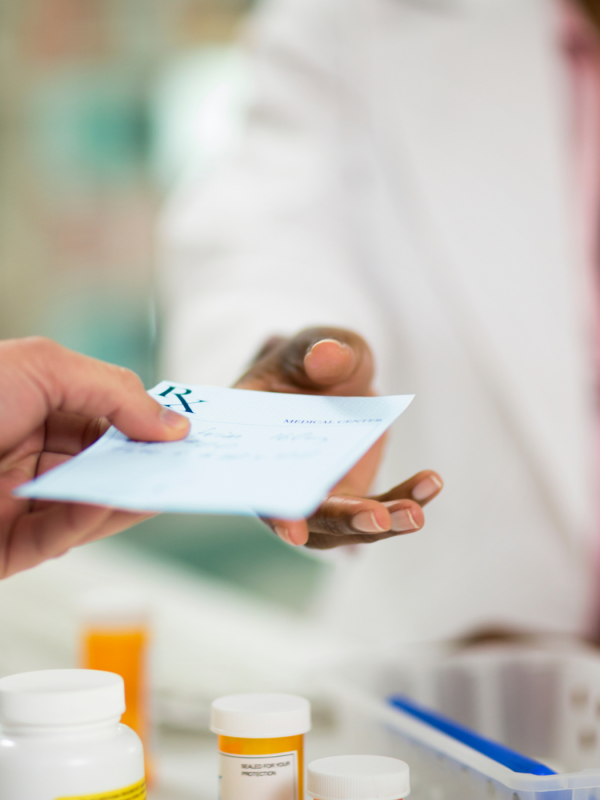
Chlamydia
Common and curable
Chlamydia is a very common sexually transmitted infection (STI) caused by bacteria. You can get chlamydia from vaginal, anal, or oral sex. Chlamydia is common in the U.S. with over 1 million cases reported each year. Among all age groups, teens and young adults have the highest rates of infection.
What does chlamydia do to me?
Many times, the signs that you have chlamydia are not obvious. This is why you must be extremely careful if you notice any of the following signs:
If a person does have symptoms, they may include:
- discharge from the vagina
- pain when peeing
- pain in the lower abdomen
- bleeding between periods
- soreness and redness in the throat or mouth (for chlamydia infection of the throat
- Pain or swelling of the testicles
If the infection spreads to the fallopian tubes, symptoms could include:
- Lower abdominal and lower back pain
- Pain when having sex
- Bleeding between periods
- Nausea or fever
How do I find out if I have chlamydia?
Once you start having sex, make sure you ask your health care provider to test you for chlamydia at least once a year. A simple test using urine or a swab from the infected area can determine if you or any of your partners have chlamydia.
Most females (and some males) who have chlamydia have no symptoms, and annual testing for chlamydia is recommended for all sexually active women age 25 and under.
Is there a cure?
Yes! Luckily, chlamydia can be cured with antibiotics. If you have had chlamydia for a long time, the infection can lead to a more serious problem called pelvic inflammatory disease (PID) that can cause you not to be able to have babies in the future.
